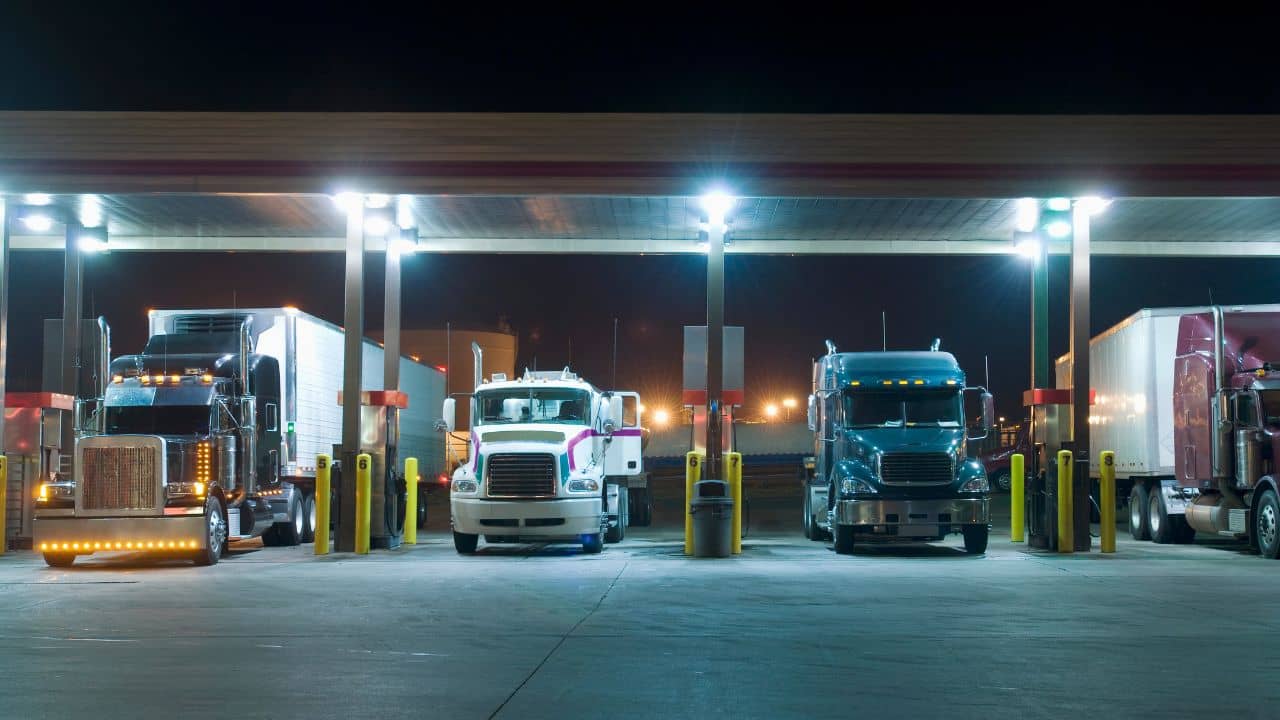
Why Domestic Transport Costs Continue to Rise
3-minute read
The recent announcement of price increases by the Port of Auckland (POAL) is part of an ongoing series of hikes that are affecting the road transport industry, according to the National Road Carriers (NRC).
The NRC highlights that the industry is facing substantial increases in various cost factors, which is putting the sustainability of many carriers at risk. Justin Tighe-Umbers, the CEO of NRC, emphasizes that domestic freight charges are inevitably rising due to these escalating costs.
Over the past twelve months alone, typical New Zealand carriers have experienced a notable 23% increase in costs.
While international freight costs are gradually returning to pre-COVID levels with improved capacity and stability, importers and exporters in New Zealand can anticipate higher domestic transport costs.
POAL plans to implement a 59% increase in Vehicle Booking System (VBS) prices starting from January 1, 2024.
This follows a series of substantial increases that have seen POAL transition from a flat vehicle booking rate of $8 to new Peak and Off-peak rates, which are now up to 10 times higher than what operators were paying two years ago.
Mr. Tighe-Umbers notes that while VBS charges are ultimately borne by cargo importers and exporters, transport operators must absorb these costs temporarily as contracts are renegotiated, often out of their usual cycle, to secure appropriate reimbursement.
He acknowledges that POAL is under pressure to enhance profitability, driven by the expectations of both the mayor and the Council for a better commercial return for Auckland ratepayers.
However, he commends POAL for providing a four-month notice to transport operators, advising them to use this time wisely by informing their customers to minimize the impact of price shocks.
The impact of these VBS increases on transport operators servicing the port is expected to be significant.

In the meantime, crude oil prices reached historic highs last week due to the joint commitment of Saudi Arabia and Russia to maintain production cuts through the end of the year.
Oil prices have surged by approximately 2%, reaching a 10-month peak, with Brent crude surpassing the $92 per barrel threshold last week.
According to Jason Wong at BNZ Markets, the oil market is currently facing tight conditions due to record demand and ongoing production restrictions.
OPEC data indicates that in the fourth quarter, there could be a supply deficit of over three million barrels per day compared to demand, potentially marking the largest shortage in more than a decade.
Crude oil stockpiles are already significantly below average, and inventories are expected to decrease further in the coming quarter.
Liam Dan, NZ Herald business editor, in an interview on Heather du Plessis-Allan Drive, points out that over the last three months, crude oil prices have increased by approximately 25%. However, the rise in prices at the gas pump has been much more modest, only around 3.5%.
According to Liam, there is typically a delay in the transmission of changes in crude oil prices to consumer gasoline prices. The effects of rising oil prices take time to propagate throughout the entire supply chain.
He also notes that back in March 2022, when crude oil prices were around $118 per barrel, the government implemented tax cuts and subsidies to mitigate the impact on consumers.
This support extended until June this year, coinciding with a period of lower oil prices. Since then, oil prices have been steadily increasing, but there are no similar measures in place this time.
Therefore, while crude oil prices have flirted with the $90 per barrel mark over the past year and a half, consumers have not yet experienced the full consequences due to previous government intervention.
Rising petrol prices have a ripple effect across the economy, affecting transportation costs, airfares, and the prices of goods nationwide.
Source: The New Zealand Shipping Gazette and Heather Du-Plessis Allan Drive on Newstalk ZB
P.S. Easy Freight Ltd helps New Zealand importers & exporters to save money on international freight and reduce mistakes by guiding how to comply with Customs and biosecurity rules.
➔ Contact us now to learn how we can assist you.
